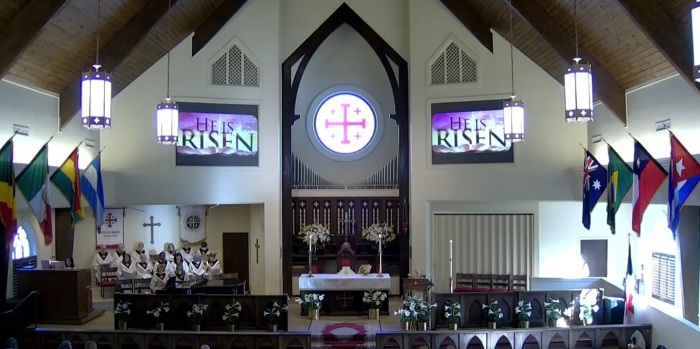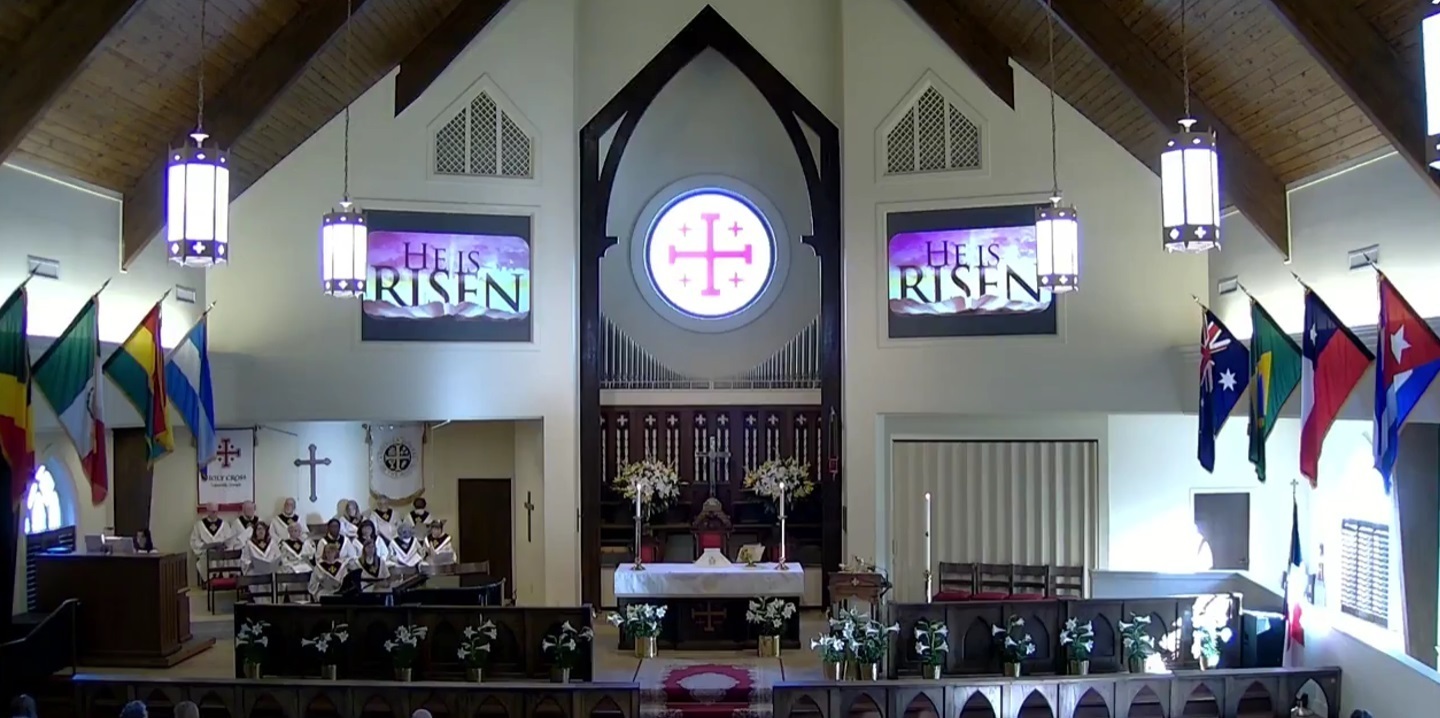
An organization founded to spread awareness of abuse issues within the Anglican Church in North America is critical of the effectiveness of recently approved standards on reporting misconduct.
At a June meeting in Pennsylvania, ACNA leadership added two sections to their bylaws on safeguarding against misconduct and reporting alleged abuse, Religion News Service reported last week.
A proposed overhauling of Title IV, which is the standard for enforcing ecclesiastical discipline within ACNA, is still “in the works,” according to RNS.
ACNAtoo, which was originally founded in June 2021 to help survivors of abuse in the ACNA Upper Midwest Diocese before focusing on abuse claims within the overall denomination, is critical of these changes.
A spokesperson for the abuse awareness group explained in an email to The Christian Post on Monday that “[m]ost of the power in the ACNA is delegated to the dioceses; they are allowed to decide how they respond to abuse.”
“While the updated canons claim to impose ‘minimum standards’ for safeguarding and reports of misconduct on the dioceses, they actually permit dioceses to unilaterally adopt unvetted procedures they regard as ‘of at least equal fairness, transparency, and integrity’ as the minimum standards,” stated the spokesperson.
“By allowing these inconsistent policies across the dioceses and not providing a clear connection to disciplinary procedures, the updated canons still uphold extreme subsidiarity and fail to protect abuse survivors.”
The ACNAtoo spokesperson went on to say that “the updates to Title I (diocesan structures) cannot be effectively applied while Title IV (discipline) changes remain in draft form. The ACNA’s failure to ratify changes to Title IV essentially renders Title I useless.”
Ultimately, according to the abuse awareness group representative, accountability “will require consistent policies across all dioceses, extensive lay education, and more responsive governance procedures.”
“The current reforms attempt to shield the province from liability if dioceses fail to follow their reporting procedures,” the spokesperson told CP. “Dioceses should proactively educate their laity about their role in diocesan and provincial governance.”
“Lay people in the ACNA should receive adequate time to consider changes to their governance documents and instructions on how they may originate such changes.”
ACNAtoo also believes that the ACNA Provincial Assembly must “hold yearly business meetings to ensure that proposed changes are considered and ratified efficiently,” noting that clergy and laity “cannot vote on long-awaited changes to Title IV until the next Provincial Assembly in 2029 unless a special meeting is called.”
CP reached out to the Anglican Church in North America for this article. A spokesperson relayed via email a short statement by the Rev. Christopher Culpepper, head of the ACNA Governance Task Force.
“The Governance Task Force of the ACNA, working together with the whole of the body of the ACNA, always strives to draft, and improve upon when needed, the Canons of the ACNA for the glory of God, the edification of the Church, and the proclamation of the Gospel,” Culpepper stated.
Concerns over ACNA’s ability to handle misconduct claims stem from 2021 when allegations surfaced that the Diocese of the Upper Midwest under Bishop Stewart Ruch III was failing to properly handle reports of clergy abuse.
One prominent example within the Wheaton, Illinois-based diocese was ACNA lay leader Mark Rivera, who was found guilty of multiple charges of sexual assault, including against his 9-year-old goddaughter.
In August of last year, ACNA announced that it was going to subject Ruch to an ecclesiastical trial in response to the allegations of mishandling the abuse reports within his diocese.
An ACNA Board of Inquiry concluded that there was probable cause to bring Ruch to trial for violations of Canon IV.2.3, Canon IV.2.4, and Canon IV.2.9. Ruch is accused of violating ordination vows, “conduct giving just cause for scandal or offense, including the abuse of ecclesiastical power” and for “disobedience, or willful contravention” of denominational bylaws.
For his part, Ruch released a statement last year saying that he was “thankful” and “relieved that there will be an occasion to hear all sides and gain some resolution after two years.”
“Please bring your concerns to your clergy, vestry, or parish councils, who will offer care in every way possible. I am so thankful for your faithfulness in praying for healing for all and for the Lord’s leading during this painful season,” Ruch said at the time.
“Please pray for everyone involved in these proceedings. And pray that, in the meantime, our diocesan churches receive God’s blessing as they continue to carry out their Gospel work.”








